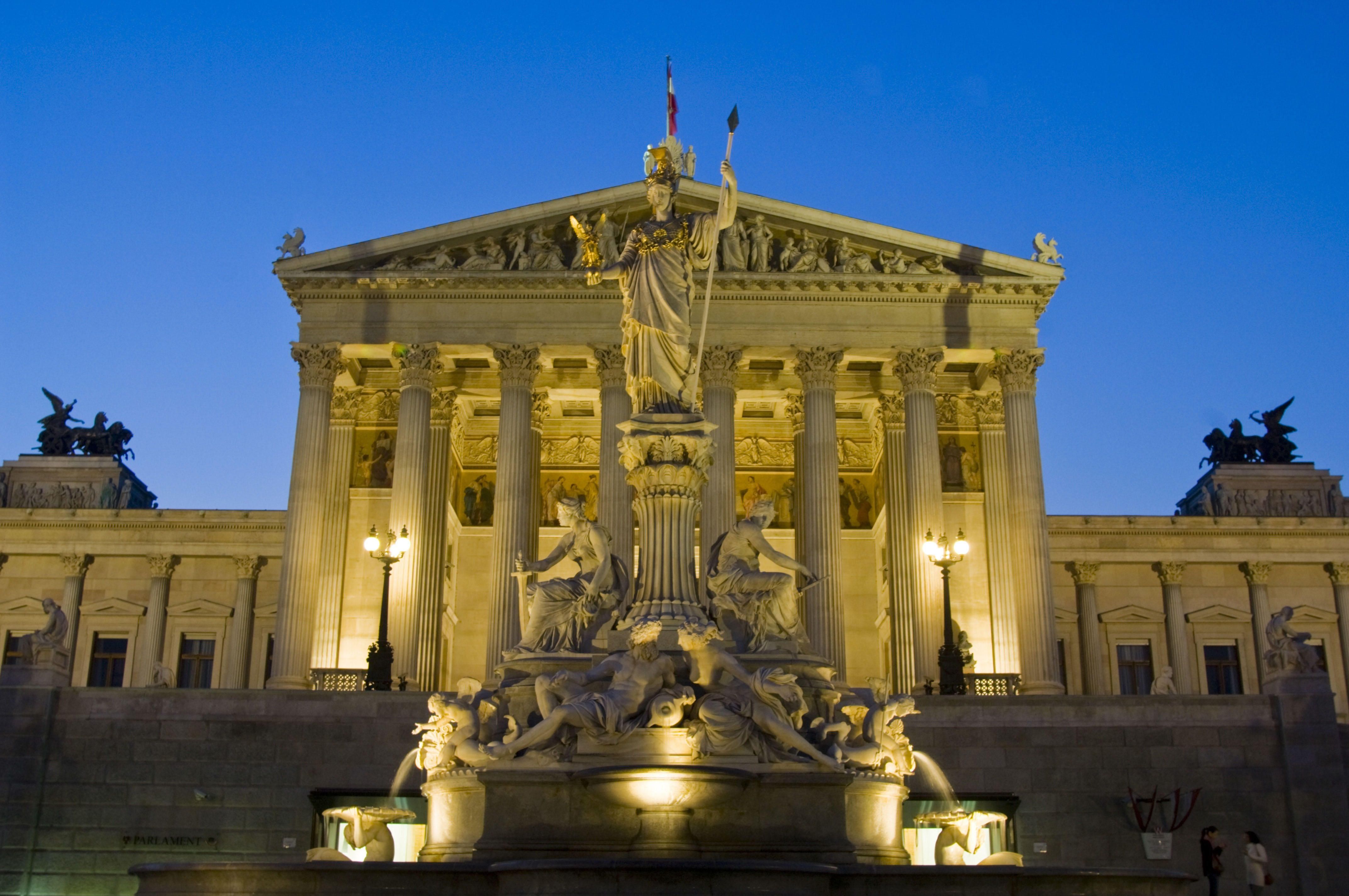Austria’s Christian Democrats and Greens Form Government

Why was the ÖVP-Greens government formed?
The Greens and ÖVP have a total of 97 seats out of the 183 in the lower house of parliament, which translates into a stable majority. Both parties recorded the largest increase in support in the parliamentary elections that took place on 29 September 2019. The new coalition was determined by the losses of the ÖVP’s other two potential coalition partners—the Freedom Party of Austria (FPÖ) and the Social Democratic Party (SPÖ). The coalition was supported by the Christian Democrats because of the parties’ capacity for co-ruling, proven by its past participation in governments with SPÖ and FPÖ, and by the Green Party’s readiness to make concessions. Given the partners’ differences, among others, on migration policy, the creation of the government was preceded by over two months of tedious inter-party negotiations.
What is the composition of the new government?
The creation of the ÖVP-Greens government means Kurz has returned as Chancellor. He had served this post in the ÖVP-FPÖ cabinet in 2017–2019. Greens leader Werner Kogler was appointed vice-chancellor and minister of civil service and sport. His party also included the Ministry of Social Affairs, the Ministry of Justice, and the Ministry of Infrastructure and the Environment. Four out of 14 ministries fell to the Greens. The disproportionate division reflects the results of the parliamentary elections in which ÖVP obtained 37.5% and the Greens 13.9%. The foreign minister for the ÖVP-held ministry will be the non-partisan Alexander Schallenberg, who served in this post in Bierlein’s transitional government.
What are the coalition programme’s assumptions?
Government announcements will be the result of the programming priorities of both parties. On the ÖVP side, they mainly concern fiscal and migration policy, and, on the Green side, ecology and transparency in public life. The new government wants to prevent corrupt practices, such as those that resulted in the “Ibiza affair” that contributed to the collapse of the ÖVP-FPÖ government in May 2019. That is why the Austrian Court of Audit is to gain more control over party finances. For the first time, the coalition agreement provides the possibility of ad hoc agreements with other parties regarding migration policy in the event of another crisis. This is to prevent the dissolution of the government coalition in case of widening differences on this topic.
What will be the new government’s climate policy?
The Greens’ entry into the government means more ambitious plans to decarbonise the Austrian economy. The government plans to achieve climate neutrality by 2040, 10 years before the EU as a whole. In Austria, already one of the leaders in the use of renewable energy sources, this only means a modification of the current climate policy, made clear by the announcement of the implementation of the objectives of the energy and climate strategy “#mission2030”, adopted by the ÖVP-FPÖ government in 2018. The new cabinet’s plans include added financial support for rail transit, further development of public transport, and changes to the tax system to promote ecological goals.
What does the ÖVP-Greens coalition mean for Austrian foreign policy?
On EU policy, the new government will emphasize basic principles such as subsidiarity and the rule of law and will seek to sanction states that violate the latter. Austria will continue its support for the integration of the Western Balkan countries into the EU.
The government’s programme mentions the gradual lifting of sanctions imposed on Russia, depending on the progress in implementing the Minsk Agreement. It emphasizes that the sanctions are based on EU consensus, which suggests that Austria’s position is dependent on other EU states’ decisions. The new government’s ambition is to contribute to peace processes, as evidenced by Kurz’s readiness to host talks between the U.S. and Iran to de-escalate the tensions after the killing of Iranian General Qasem Soleimani.


